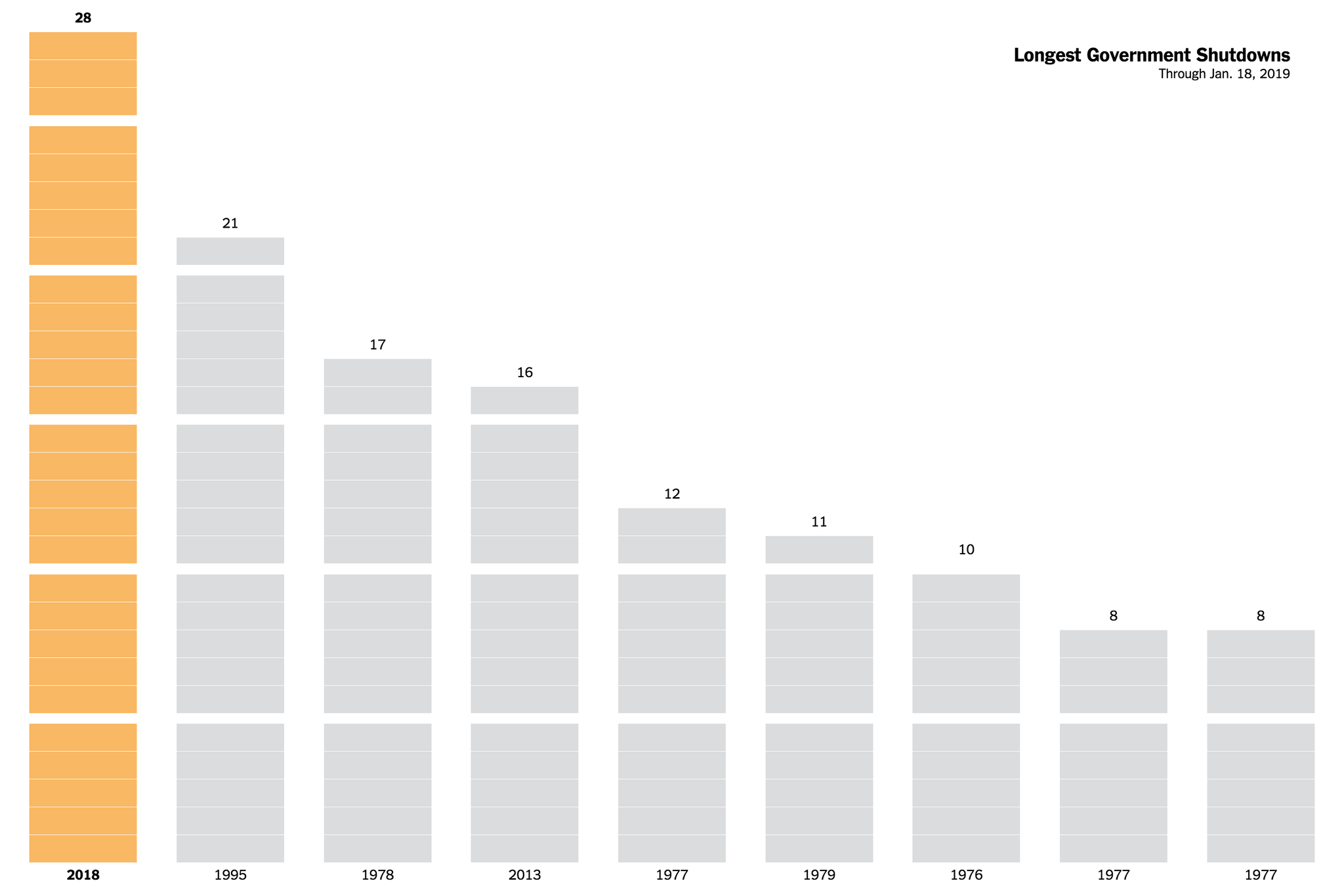Understanding US Government Shutdowns and Their Impact

Introduction
US government shutdowns have become a recurring issue that significantly impacts both federal operations and the economy. As lawmakers grapple with budgetary disagreements, the potential for shutdowns raises concerns regarding national services, employee salaries, and the economy as a whole. Understanding the implications and occurrences of these shutdowns is crucial for citizens and policymakers alike.
Current Events and Impact
As of October 2023, the US government faced a potential shutdown as Congress struggled to agree on the budget for the fiscal year. The contentious atmosphere of politics has resulted in several deadlines being missed, leading to heightened anxiety among federal employees and citizens who depend on government services. In recent history, shutdowns have resulted in the closure of national parks, delayed IRS processes, and furloughs affecting hundreds of thousands of government workers.
The last significant shutdown occurred in 2018-2019, lasting a record 35 days. During this period, approximately 800,000 federal employees were either furloughed or required to work without pay, leading to delays in government services and significant strain on federal workers’ finances. The financial impact was not only felt by those directly affected but also rippled through the economy as spending decreased nationwide.
Consequences of Shutdowns
The consequences of government shutdowns extend beyond immediate operational disruptions. They highlight the vulnerabilities in the federal budget process and the urgent need for regular negotiations to prevent future instances. Moreover, the psychological toll on workers and their families cannot be underestimated, with many facing uncertainty regarding their income and job security. Economists estimate that every shutdown costs the economy millions of dollars daily due to lost productivity and expenditures.
Conclusion
As the US grapples with the possibility of another government shutdown, the emphasis remains on finding bipartisan solutions to fiscal disagreements. The importance of stable governance and reliable funding is paramount not just for government employees but for the entire nation. Citizens must advocate for their representatives to prioritize budget negotiations to mitigate the risk of future shutdowns. A proactive and collaborative approach is essential to ensure the government can function effectively and continue to serve its populace.
